The case for Dwight Howard is a complicated one, but can easily be defined in two halves.
The first half, began in Orlando, where he was drafted by the Magic first overall in 2004 after forgoing college. It was not a gamble for Orlando, who could not pass on a 6’ 10” Center with exceptional athleticism. Howard averaged a double-double as a rookie (a trend he continued until the 2017-18 season) and in 2006-07, he broke out as expected with an All-Star appearance, a Third Team All-Star, and more importantly his first trip to the playoffs. That was good, but now “Superman” was ready to dominate.
Howard’s game continued to improve and was named a starter in the 2008 All-Star Game, where he also won the Slam Dunk contest while wearing a Superman cape. A First Team All-NBA player for the first time, Howard lifted the Magic to the second round, and he was fifth in MVP voting. Over the next three seasons, Howard was without question the top defensive player in basketball, winning three consecutive Defensive Player of the Year Awards (2009-11), capturing five Rebounding Titles and two Blocking Titles over his career. He was a one-man army, lifting Orlando to the 2009 NBA Finals, and in Orlando he became a five-time First Team All-NBA Selection. He was a star, he was popular, but he was not a champion, and to do that, Howard felt he needed to leave the Magic.
Howard sought a trade to Brooklyn, but he was dealt to the Los Angeles Lakers instead, which was arguably a better opportunity, as it paired him with Kobe Bryant. This should have been the start of something greater, but instead it ushered a second half filled with controversy and bouncing between teams.
The Howard/Bryant pairing did not generate a title and Kobe was allegedly upset at Howard’s lack of conditioning and team play. Conversely, Howard struggled to be the number two option, and the two superstars did not gel. Howard signed with the Houston Rockets to join James Harden in 2013, but there too, Howard was frustrated with the lack of the ball, though he did have his last All-NBA Selection and All-Star Game in the Lone Star State.
Howard then embarked in a nomadic run bouncing from team to team, where bridges would be burned, rumors abounded and the league was moving to more of a perimeter game, making Howard more of a dinosaur. He still had good numbers, and in a return to the Lakers finally won a ring, but his reputation was diminished to the point where he was egregiously snubbed from the NBA 75th Anniversary Team.
Dwight Howard’s legacy might be complex, but his overall body of work is Springfield worthy.
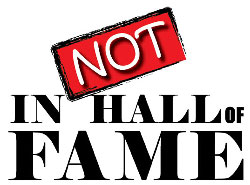


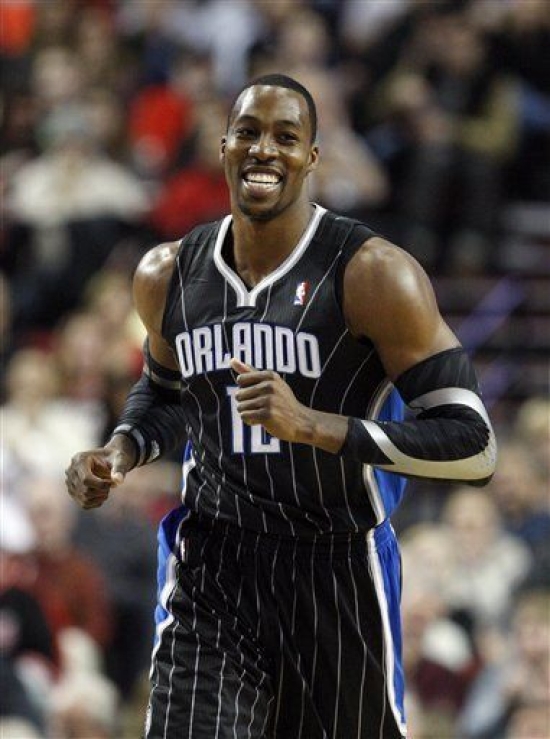
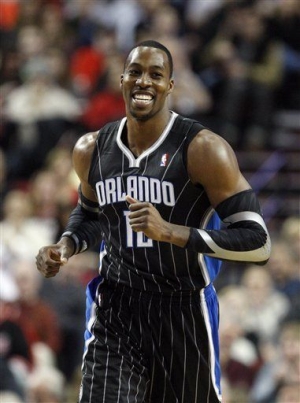
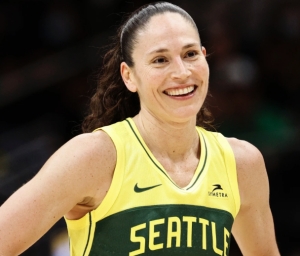

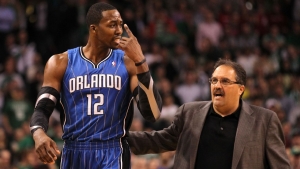

Comments powered by CComment